This project was originally conceived by Juan Ruiz Jimenez, PhD from Granada University, with the aim of exploring historical urban soundscapes in Andalusian cities, aided by the outreach potential made possible through new technologies. Throughout the digital platform Historical soundscapes (c.1200 – c.1800) users are offered alternative possibilities of understanding the city (currently Granada and Sevilla) as the centre of production of sounding experiences.
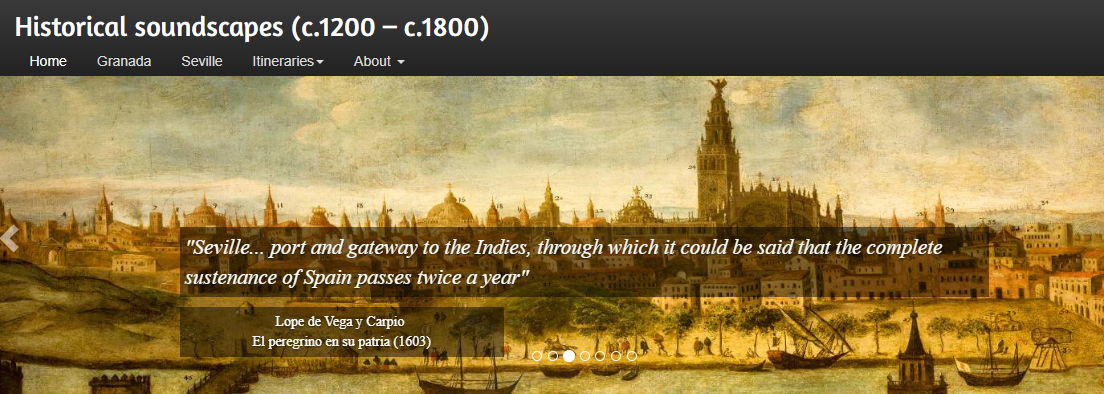
This innovative approach allows users to recreate music of the past in historical locations through the use of online interactive maps with digital resources (documents, videos, sounds, etc.). The contents aim to be inclusive and help achieve a better understanding of urban culture, establishing an aesthetic and intellectual dialogue with their sensorial aural history through an interdisciplinary approach that brings together urban musicology with areas including cultural history and art history, among others. This platform is intended to be a useful and innovative tool for the educational institutions (from primary to tertiary education), museums, tourist boards, etc. of different cities.
Explore Historical Soundscapes: http://www.historicalsoundscapes.com/


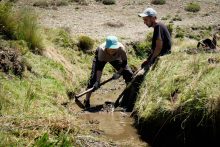
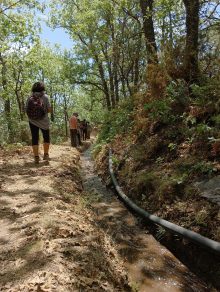
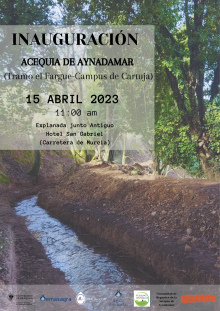
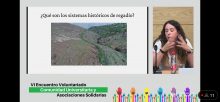
 If you have interesting news and events to point out in the field of digital cultural heritage, we are waiting for your contribution.
If you have interesting news and events to point out in the field of digital cultural heritage, we are waiting for your contribution.
























